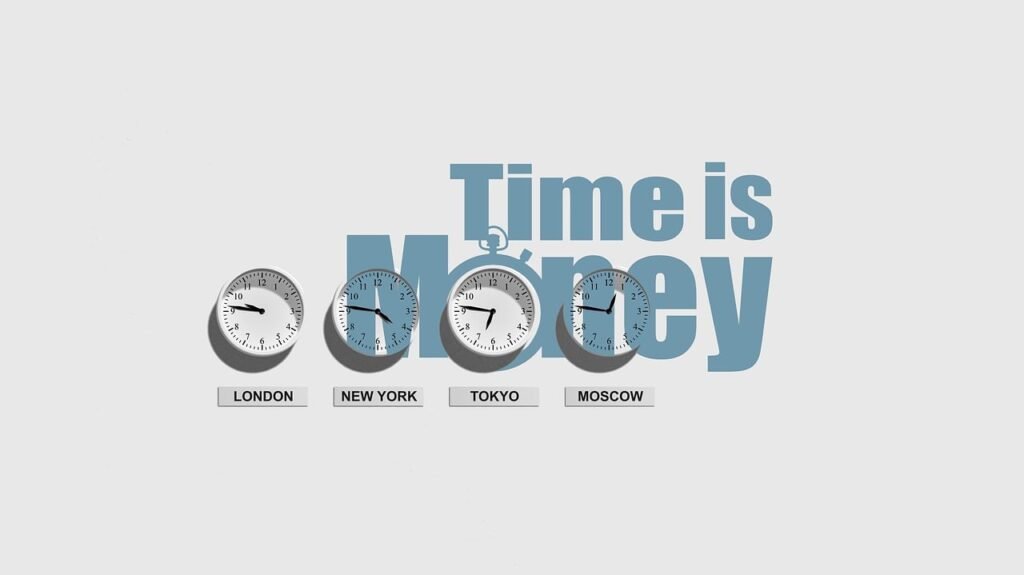In today’s increasingly competitive European marketplace, customer relationships are everything. Whether you’re running a small agency in Berlin, a mid-sized logistics firm in Lyon, or a multinational manufacturer in Milan, understanding your customers and managing interactions effectively can be the difference between stagnation and growth.
Enter CRM systems—Customer Relationship Management platforms—which have evolved from simple contact databases into powerful tools that drive sales, marketing, service, and strategic planning.
In this article, we explore the benefits of CRM systems across different business sizes and explain why every modern enterprise in the EU should consider adopting one.
📌 What Is a CRM System?
A CRM system is software that helps businesses manage interactions with current and potential customers. It stores contact information, tracks communications, monitors customer behavior, and provides insights to improve engagement, retention, and revenue.
Modern CRM platforms also integrate with email, social media, website forms, marketing campaigns, and even AI-powered chatbots. In essence, a CRM helps centralize data, streamline communication, and automate customer journeys.

🧑💼 CRM for Small Businesses (1–10 employees)
Many small businesses assume they’re too small for a CRM. But in reality, CRM software is often most transformative for small teams, where time and resources are tight.
✅ Benefits:
- Centralized customer data: No more lost emails or scattered spreadsheets. Everything is in one place.
- Improved follow-up: CRM tools set reminders and automate email flows, reducing missed opportunities.
- Lead prioritization: Focus your energy on leads most likely to convert.
- Scalable growth: Start small, grow gradually as the client base expands.
🔍 Example Use Case:
A digital marketing freelancer in Spain uses a basic CRM (like HubSpot Free or Zoho CRM) to track leads from LinkedIn, organize follow-up emails, and convert more prospects into paying clients.
⚠️ Challenges:
- Choosing a system with the right balance of features and affordability
- Initial time investment for setup and learning curve

🏢 CRM for Medium-Sized Businesses (10–250 employees)
At this stage, managing clients across departments (sales, service, support) becomes complex. A CRM system provides collaboration, consistency, and performance insights.
✅ Benefits:
- Cross-team coordination: Sales, marketing, and customer support share the same client history and updates.
- Pipeline and deal tracking: Managers gain visibility into revenue forecasts and conversion rates.
- Customer segmentation: Create targeted campaigns based on purchase behavior, location, or industry.
- Workflow automation: Automate onboarding, invoicing, customer feedback requests, etc.
🔍 Example Use Case:
A growing French HR consultancy uses Pipedrive to track recruitment clients, automate their hiring funnels, and follow up with companies post-placement for ongoing upsell opportunities.
⚠️ Challenges:
- Data migration and team training may require external help
- Integrating CRM with existing tools (e.g., accounting, email marketing)

🏢🏢 CRM for Large Enterprises (250+ employees)
For large organizations, CRM becomes not just a sales tool, but an enterprise-wide strategic platform that connects multiple teams and technologies.
✅ Benefits:
- 360-degree customer view: Complete visibility across marketing, sales, billing, and support
- Data-driven decisions: Advanced reporting and forecasting with dashboards and KPIs
- AI-enhanced efficiency: Predictive lead scoring, intelligent task recommendations, and customer churn alerts
- Integration with ERP and custom systems: Seamless flow between internal platforms (SAP, Oracle, etc.)
🔍 Example Use Case:
A German manufacturing corporation uses Salesforce to manage client accounts across 12 countries, integrate with supply chain software, and personalize its B2B communication based on order history and support tickets.
⚠️ Challenges:
- High implementation costs
- Change management and user adoption can be significant hurdles
- Requires dedicated in-house or outsourced CRM administrators

💼 Choosing the Right CRM for Your Business
The European market offers a wide range of CRM platforms tailored to different needs. Here are a few popular options by business size:
| Business Size | CRM Examples | Notes |
|---|---|---|
| Small | HubSpot Free, Zoho CRM, Streak | Easy setup, free plans |
| Medium | Pipedrive, Freshsales, Insightly | Strong automation, good for scaling |
| Large | Salesforce, Microsoft Dynamics 365, SAP CRM | Advanced features, customizable |
When selecting a CRM, consider:
- Team size and structure
- Budget
- Integration needs (email, calendar, website, marketing)
- Reporting complexity
- User interface and mobile accessibility
🌍 Why CRM Matters More Than Ever in the EU
The European Union has seen a rise in digital transformation incentives, GDPR-compliant tools, and cross-border trade. As more companies operate online and across multiple countries, managing relationships digitally becomes critical.
A well-implemented CRM system ensures that your team:
- Complies with data privacy laws
- Responds to customers quickly in any country
- Maximizes customer lifetime value
- Adapts easily to remote and hybrid work models
With AI and automation now embedded in many CRMs, businesses can gain insights previously only available to enterprise giants—leveling the playing field for SMEs across Europe.

💡 Final Thought: CRM + A Great Website = Business Synergy
While a CRM system helps you manage and grow customer relationships, your website is still the first impression your clients get. If your business lacks a modern, optimized online presence, you may lose leads before your CRM even gets to work.
Visit Rakuzan.eu if you’re looking to build or upgrade your business website, and take your digital presence to the next level.
And if you need fast, reliable hosting or a custom domain, we recommend using Hostinger via our exclusive partner link for additional savings and performance.
Disclaimer: This article is for informational purposes only and does not constitute financial, tax, or investment advice. Readers should consult with a licensed professional before making any financial or business decisions.





